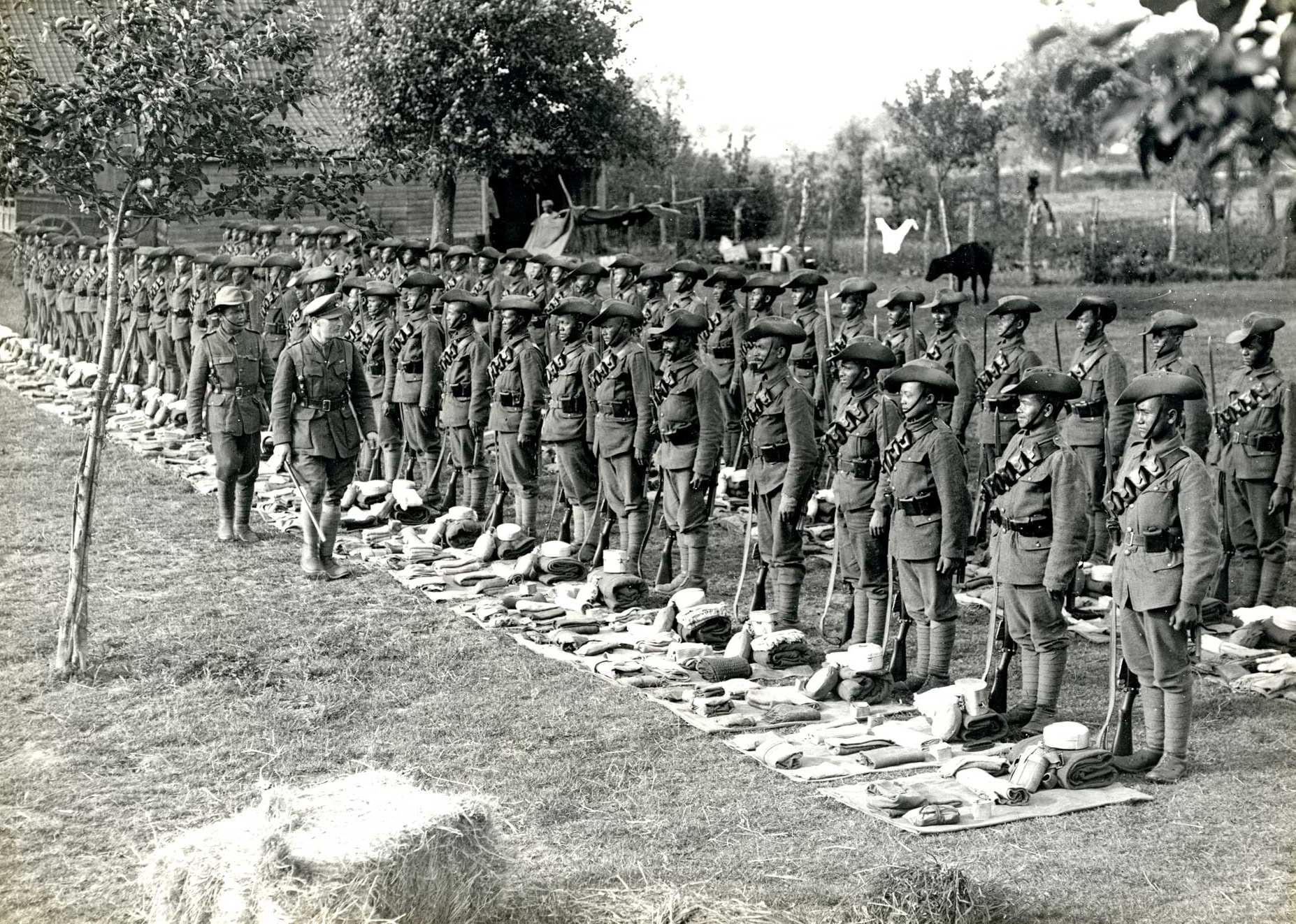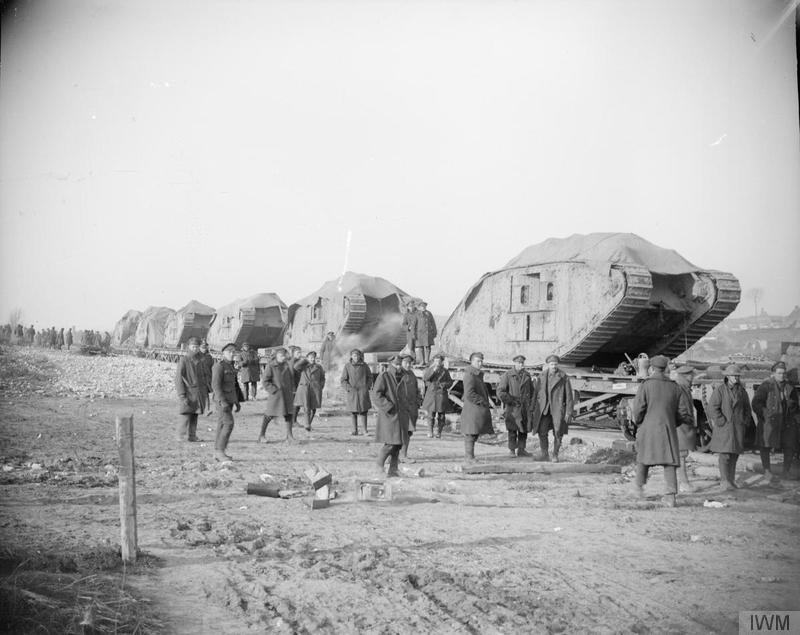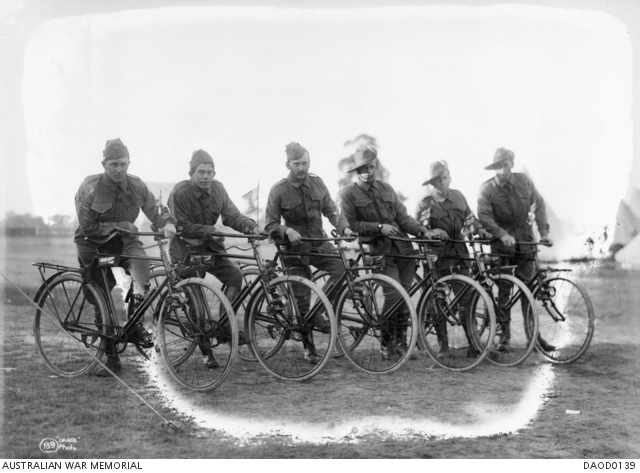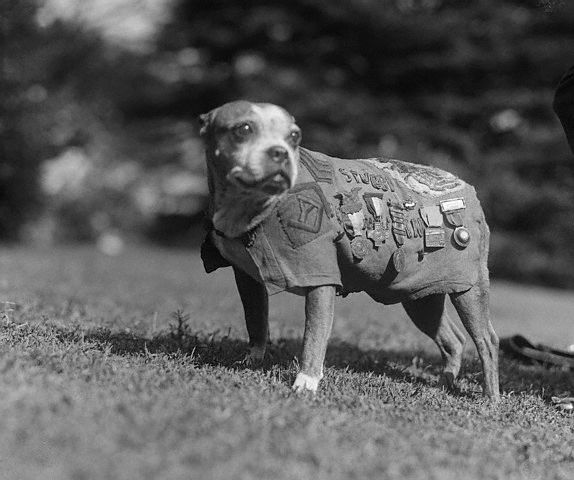It is still difficult to determine whether colonial military involvement in World War I helped strengthened or loosen colonial ties. More than half a million colonial soldiers fought in Europe, mainly in the French army. These soldiers came from all corners of Africa and were deployed in different parts of Europe.
Most of the European countries involved in colonizing Africa participated in World War I. They controlled large parts of the continent, thereby forcing the native Africans to participate in the war. Apart from the economic exploitation of Africa to support the war, colonial powers forced Africans to migrate to Europe where they either became workers or soldiers.
WW1 and the Colonies
Between 1914 and 1918 alone, more than 440,000 native soldiers and 268,000 workers were shipped to Europe, where they were forced to participate in the war. According to the British Library, more than four million men of African origin were mobilized across the continent to participate in the First World War alone.
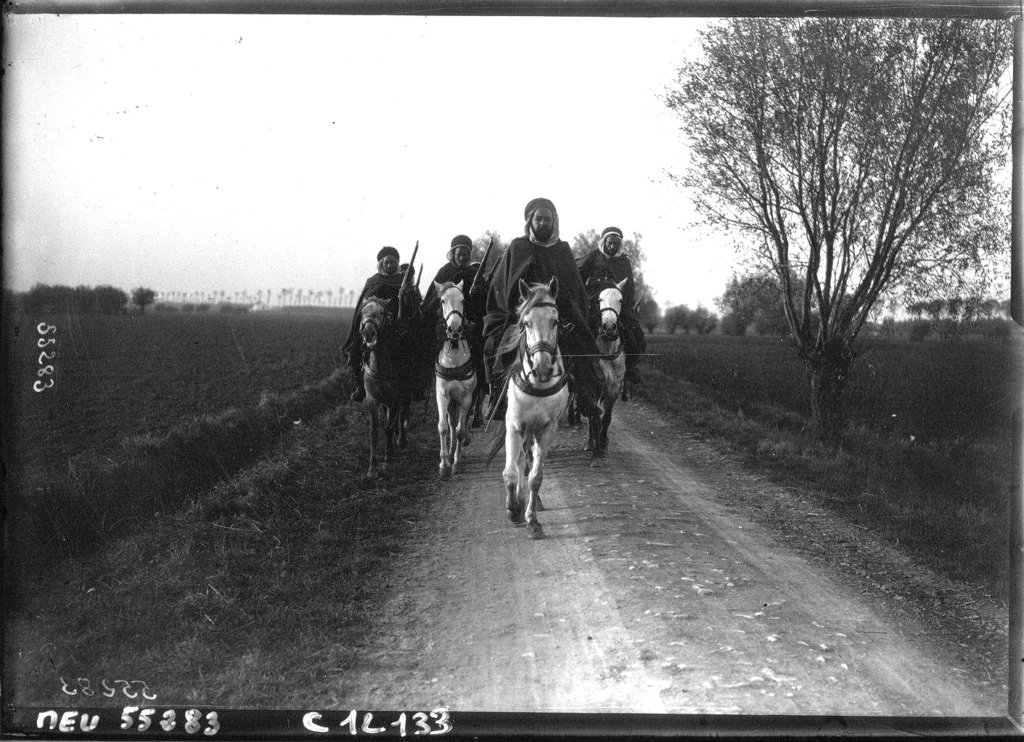
The Origin of Colonial Troops
France was the most notable culprit as far as colonial troops were involved. It had already used African soldiers to fight its European wars like the Italian war in 1859, Crimean war (1854-1856) and the Franco-Prussian war in 1870-71.
After the first crisis in Morocco in 1905 Adolphe Messimy, a radical army general, petitioned for an extended period of compulsory military service to Muslim Algerians. A 1912 verdict allowed for the forceful recruitment if the required number wasn’t met by those who volunteered.
From 1914-1915, France deployed more than 450,000 soldiers from Africa. They came from West Africa, Algeria, Morocco, Tunisia, and Somalia. European settlers added another 110,000 from North Africa, while around 5,700 were extracted from Senegalese ports and towns. The then Prime Minister George Clemenceau (1841-1929) came up with a suggestion to hire 200,000 Ethiopian mercenaries, but it never happened.
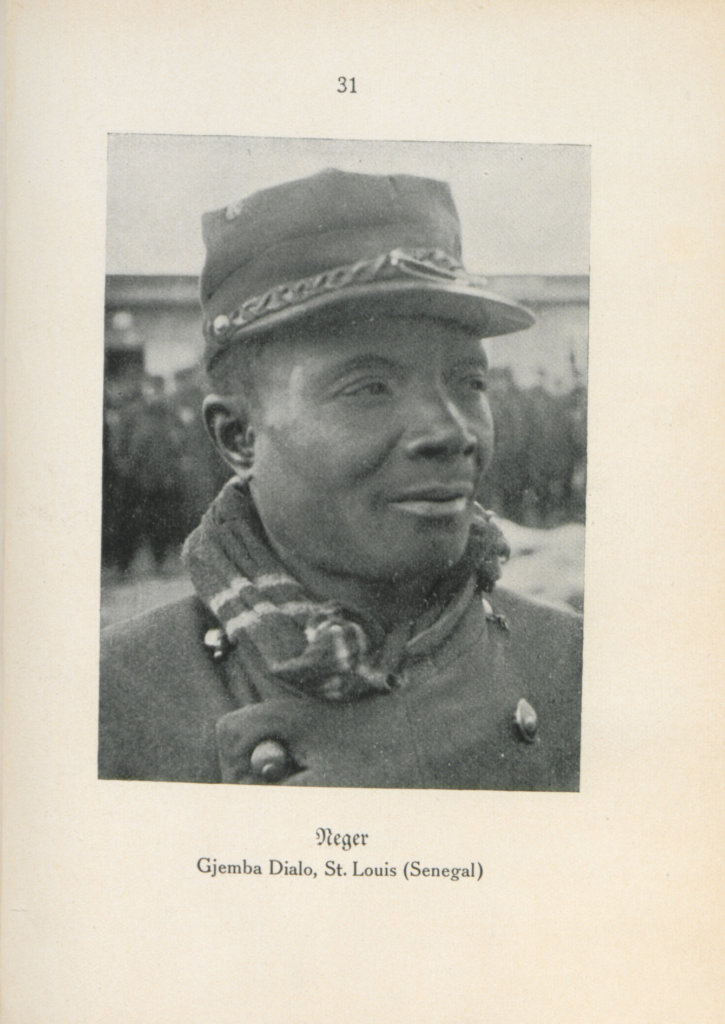
The number of colonial troops increased in the second half of the First World War. After suffering heavy casualties in the first phase, a new doctrine emerged. Colonial troops were to fight alongside soldiers from European countries to minimize defections and casualties.
The massive recruitment of men from North and West Africa to participate in World War I came with numerous challenges. For instance, the French saw a drop in the number of volunteers and the military resorted to coerced recruitment. This approach faced opposition from many people.
In West Africa, rich and influential Africans would resort to handing over their servants and slaves to the recruiting officers to spare their family members from participating in the war. Resistance came in many forms; for instance, there were cases of self-mutilation, fleeing into Liberia, the Gold coast, Guinea or even into the dense forests. In some instances, armed rebellion cropped up to fight the colonial powers taking people to fight in the First World War.
In West Africa, rich and influential Africans would resort to handing over their servants and slaves to the recruiting officers to spare their family members from participating in the war.
Unlike the French who never hesitated to deploy colonial troops in the First World War, countries like Britain, Italy, and Belgium among others exhibited some reluctance in deploying their colonial soldiers.
The British soldiers comprised of colonial troops in the Middle East and Africa. Part of India’s colonial soldiers was partially used in Europe from as early as 1914. But in 1916 the famous ‘million black army’ was endorsed by many politicians like Winston Churchill (1874-1965) and senior military officers. However, racial prejudice, logistical challenges, and opposition from African countries made it difficult to use these troops in Europe.
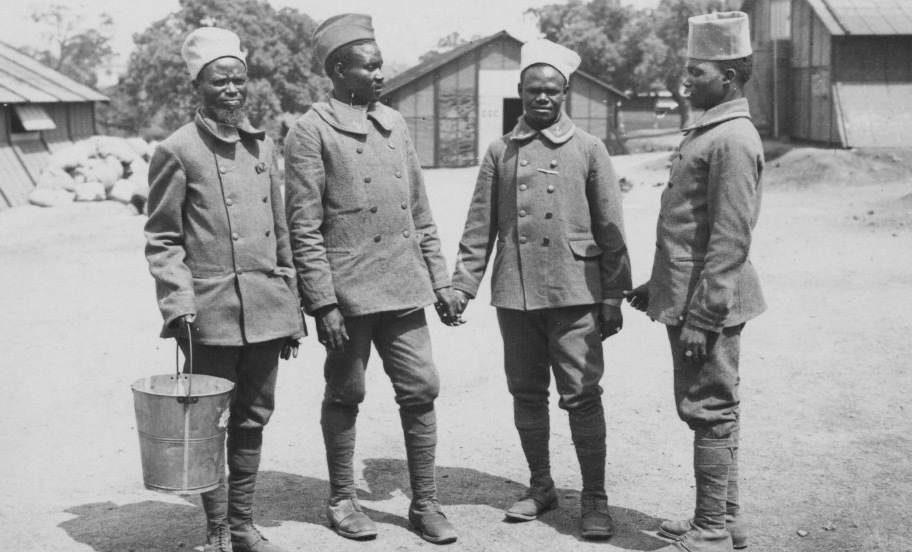
Italy tried deploying its colonial troops in Europe but it was disastrous. For instance, in August 1915, around 2,700 troops from Libya were taken to Sicily. But they failed to get to the frontline because many died from pneumonia immediately after arriving. As a result, the remaining Libyans had to be shipped back home.
Belgium had planned to ship its colonial soldiers from Congo, but this never materialized. But a small number of Congolese fighters fought alongside metropolitan Belgian troops. The Portuguese didn’t bother deploying its colonial troops in Europe either. The Germans used a majority of its colonial forces in the African theatres of wars but never envisioned sending them to Europe to fight in the First World War. Furthermore, they wouldn’t have done so due to logistical challenges.
Race and Military Dogma
It is no secret the involvement of the colonial troops in the First World War is remarkable in the sense that people from different races met and fought against each other and alongside one another. This diversity is the reason why Britain and France resorted to using non-white soldiers against the Germans.
In 1914, The Times History of the World wrote, “the instinct which made us such sticklers for propriety in all our dealings made us more reluctant than other nations would feel to employ colored troops against a white enemy.”
Britain used colonial troops in its colonies for imperial defense and not in Europe to fight other white groups. The argument brought forward is if a white man is trained to use arms against another European, there’s no guarantee that they’ll not attack their own masters in the future. However, this changed after European countries realized their native soldiers were suffering heavy casualties, hence the decision to use colonial troops. The British had a racial categorization policy that informed their decision to deploy two Indian divisions in France.
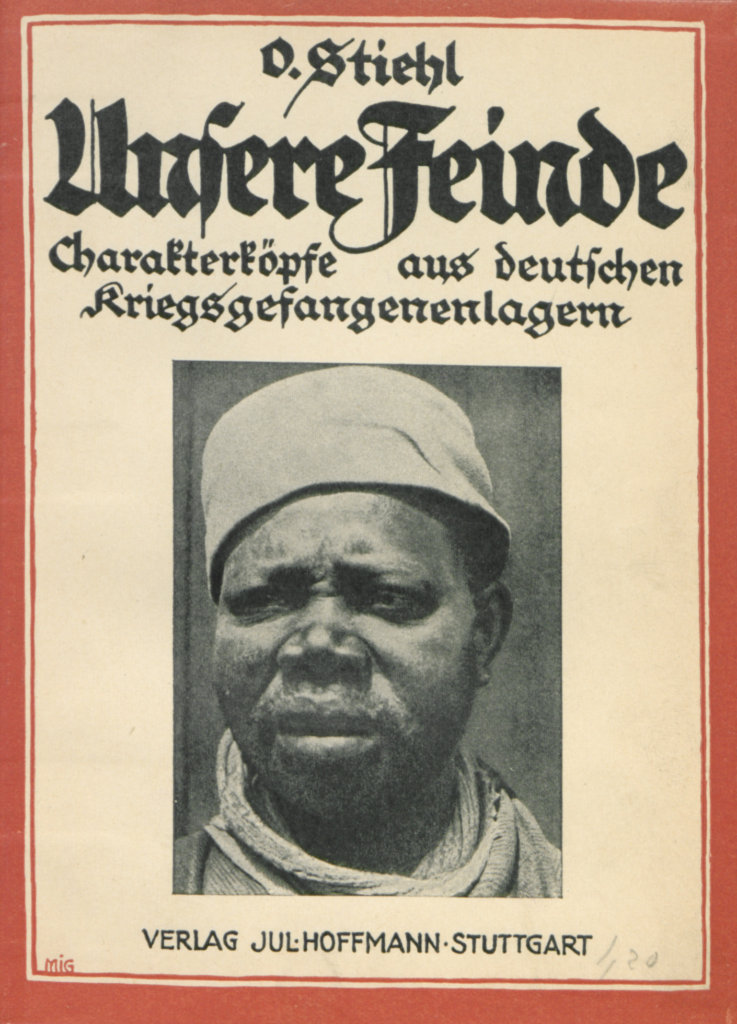
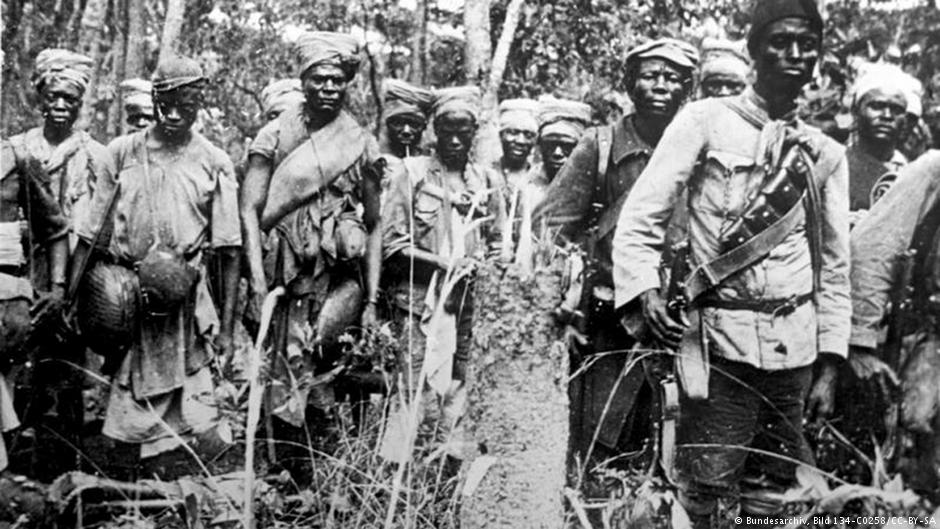
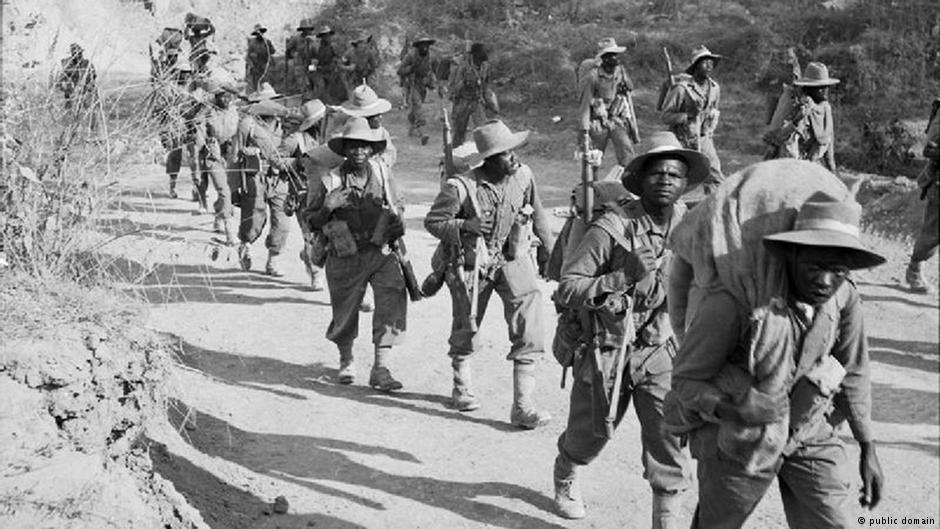
Final Thoughts
While in common thought the perception of World War I is narrowly confined to the Western Front, the battle took place in the Middle East, Europe and Africa. But there were brief excursions in the Far East and Central Asia.
The litany of the labels of the different arenas of combat has become the identifier for the ‘world’ nature of World War I. The colonial Homefront -the lives of many, women and children across Africa and Asia who lost their fathers, brothers, and husbands and experienced a myriad of challenges remains one of the under-researched areas of World War I history.
Part of the problem lies in the sources. A majority of the colonial soldiers who served in the First World War were illiterate and did not leave memoirs and diaries like those found in Europe. But there is much to learn from the experiences of both men, women and children, both combatants and non-combatants who fought in the war and whose lives were changed forever.
Guest Contributor: Solomon Ochieng is an ex-soldier turned freelance writer. He’s interested in military history, its traditions and recent developments. He has a BsC in ICT Management from Maseno University and regularly writes for Ethiopia’s Ezega.com, and a regular contributor to Identify Medals focused on military medals and awards. In his free time, you’ll find him reading or working out.

